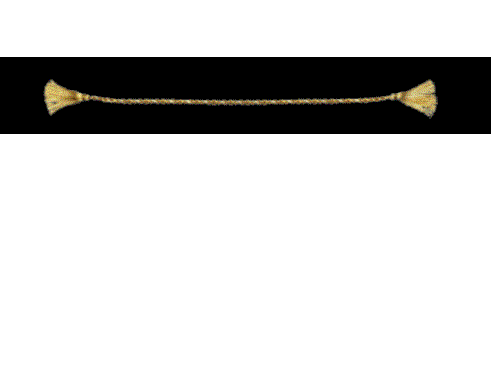

![]() Meaning
Meaning

¡@
¡@
¡@
¡@
¡@
¡@
¡@
¡@
¡@
¡@
¡@
The Industrial Revolution was a time of dramatic change, from hand tools and handmade items, to products which were mainly
produced by machines. Workers became more productive, and since more items were manufactured, prices dropped, making
exclusive and hard to make items available to the poor and not only the rich and elite. Life generally improved, but the industrial
revolution also proved harmful. Pollution increased, working conditions were harmful, and capitalists employed women and young
children, making them work long and hard hours. The Industrial Revolution was a time for change. For the better, or for the worse.
¡@
The Industrial Revolution may be defined as the application of power-driven machinery to manufacturing. It had its beginning in
remote times, and is still continuing in some places. In the eighteenth century all of western Europe began to industrialize rapidly, but
in England the process was most highly accelerated. England's head start may be attributed to the emergence of a number of
simultaneous factors.
¡@
¡@
There has been much objection to the term because the word revolution
suggests sudden, violent, unparalleled change, whereas the
transformation was, to a great extent, gradual. Some historians argue
that the 13th and 16th cent. were also periods of revolutionary economic
change. However, in view of the magnitude of change between 1750
and 1850, the term seems useful.
¡@
¡@